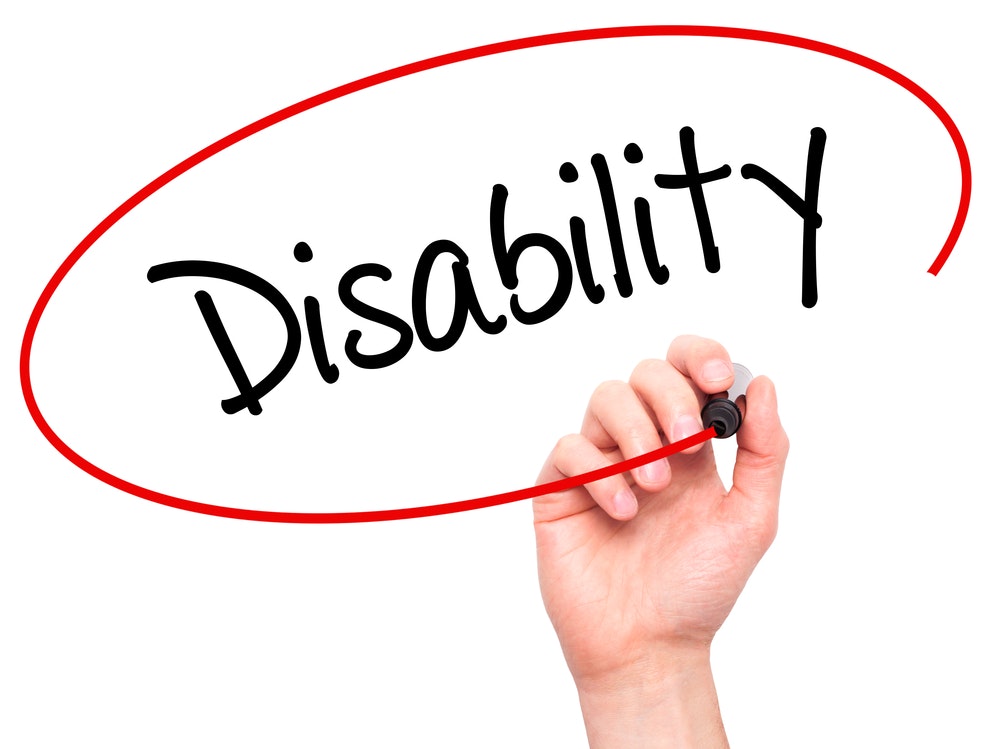Study designs should be tailored to encourage disabled people to take part, says study

Disabled people are underrepresented in drug research according to the authors of a study that suggests the lack on inclusion is increasing health inequalities.
The study set out to identify barriers to the recruitment of disabled people in clinical trials, based on an assessment of 56 eligible research papers. The most common disability types for the population of interest in literature were neurological and psychiatric disabilities.
And the key finding was that, while barriers and facilitators to participation are highly specific to disability type and context, there are common themes. Risk perception, for example, has a major impact according to the authors.
“The assessment of risk and benefit was found to be of particular concern for disabled people to clinical trial participation.
“Factors that increased the perceived risk to benefit ratio were barriers and included increased vulnerability to complications and side effects for certain disabilities, worries about unfair treatment impacting wellbeing, and low expectations of therapeutic benefit,” they wrote.
Protocol design is another factor according to the authors, who said “Barriers included having protocol designs that were missuited to accessibility requirements of disabled populations and the use of contact-based recruitment strategies which enabled discriminatory recruitment by staff.”
Design solutions
Addressing these challenges will require considerable effort, particularly in terms of trial design according to the authors.
They write “Assumptions should be minimized, and study design should prioritize principles of co-design and be informed by a data-driven assessment of needs for the study population.
“Person-centered approaches to consent that empower disabled people to exercise their right to choose should be adopted in inclusive practice. Implementing these recommendations stands to improve inclusive practices in clinical trial research, serving to produce a well-rounded and comprehensive evidence base.”
The authors conclude that “Appreciating that accessibility requirements are unique to each disabled group and their context and embedding principles of co-design into research protocols is a key strategy to improving recruitment.
“Empowering disabled people to exercise their right to choose and right to inclusion while upholding their right to safety, for example, with person-centered approaches to consent, should be adopted.”
DepositPhotos/j.dudzinski